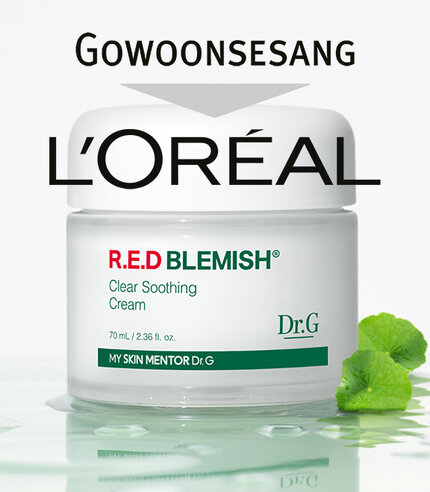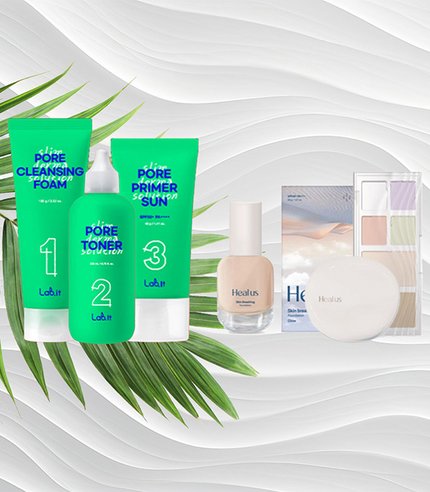Laws are often regarded as a social obstacle. They are thought to be unnecessarily complicated and bureaucratic and are said to restrict freedom. However, laws are nothing more than ground rules that are only necessary when someone acts of their own accord in order to secure an advantage at the expense of others. A good example of a necessary and useful piece of legislation is the European Cosmetic Regulation, which came into force in 2010. The main objective is stated in Article 3:
“A cosmetic product made available on the market shall be safe for human health when used under normal or reasonably foreseeable conditions of use.”
Responsibility lies with the manufacturer
In order to achieve this objective, this Regulation contains numerous provisions. Those who launch cosmetic products on the market are responsible for observing these provisions. A comprehensive, administratively complex control system, as is the case with medicines, does not exist. This minimises the necesary bureaucracy and ensures maximum flexibility.
Of course, science never stops moving forward. New advances are being made all of the time and continue to shed new light on the substances used in cosmetics. Various expert committees of the EU and individual EU states then ensure that the necessary amendments are made. This keeps the Regulation up to date and ensures that any previously unknown dangers for consumers do not go unheeded.
Hardly any side effect thanks to manufacturing guidelines
The named objective is achieved impressively: according to statistics published by the German Cosmetic, Toiletry, Perfumery and Detergent Association (IKW), there is just less than one incidence of a side effect per million cosmetic products sold. And these are just harmless skin irritations or allergic reactions. In the EU, there has never been a death as a result of cosmetic products applied correctly.
Switzerland now also adopts the legislation
This has also convinced Switzerland. In its new cosmetics legislation, introduced in May 2017, it has adopted the EU rules virtually unchanged. When making changes to these laws, Switzerland also largely relies on the expertise of the EU.
Anyone wanting to find out about Switzerland’s Cosmetic Regulation and how it differs from the EU Regulation is welcome to come to the LMC Cosmetics Conference on 1 February 2018 in Stuttgart. Of course, there will also be opportunities to discuss other important issues with colleagues.
For more information about Swiss cosmetics legislation, please visit the website of the Federal Food Safety and Veterinary Office (Link in German only).







